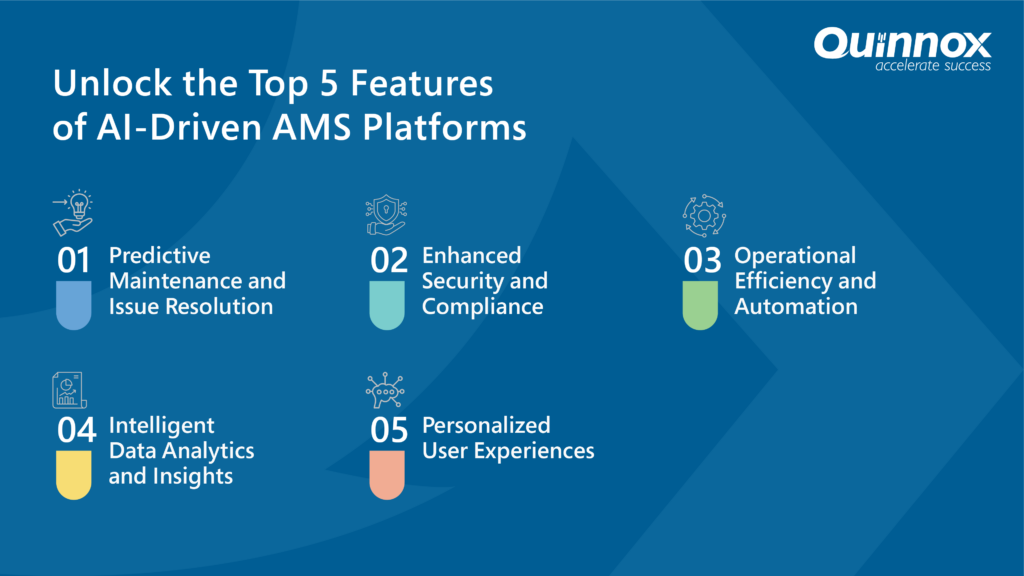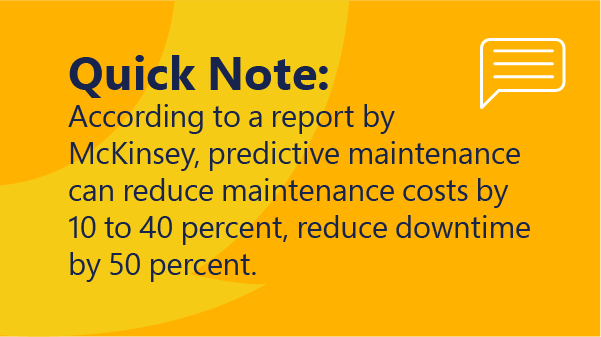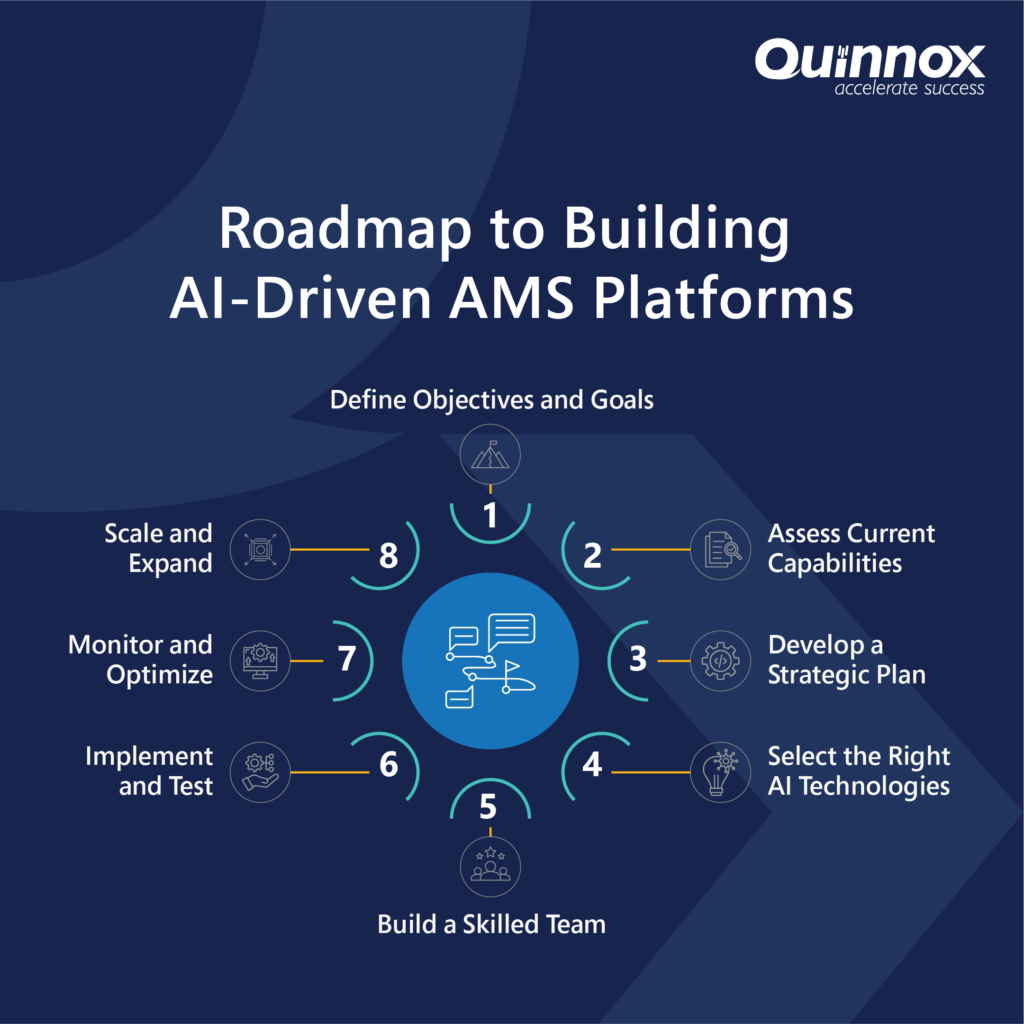Application Modernization: Top 7 Approaches to Break the Legacy Conundrum
In recent years, with the advent of emerging technologies such as cloud, AI/ML, IoT, data analytics, etc., the IT landscape has undergone a drastic transformation. These are top 7 approaches to break the legacy conundrum
Read more


